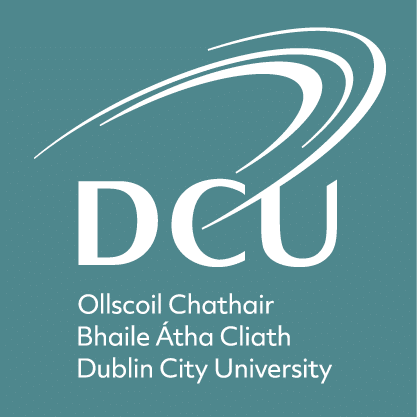Introduction
Gain a deeper understanding of Ireland’s social, cultural, economic and political history from the Middle Ages to the present day.
DCU's MA in History offers fresh perspectives on Ireland's journey from colony to independent state, on how Irish sovereignty has developed, on the centrality of land and landscape, and on the fluctuating fortunes of religion, language and gender.
The combination of the disciplines of History and Geography in our school is unique in Ireland.
Through our innovative and dynamic teaching, you’ll gain rich insights on Ireland’s fascinating historical story and its broader international context; both are essential to understand the world today and how our future is being shaped.
Programme Structure and Content
Modules are taught through a combination of seminars, workshops, small group discussions and field trips. There is a strong emphasis on active and independent learning. All modules are 10 credits and are examined by continuous assessment in the form of reviews, essays, research papers, learning journals and class presentations.
SEMESTER ONE
Interpretation and Argument in History Writing
This module introduces students to the tradition of history writing (historiography) as it has evolved and developed in Europe and the world since classical times, and in Ireland from the early seventeenth century to the present.
Click here for more information.
Research Methods
This module introduces a range of research methods and focuses on active engagement with the processes of gathering, evaluating and analysing historical evidence. Students are guided through the process of using archives and various online resources. A novel feature of this module not offered elsewhere is an introduction to Geographic Information System (GIS). A fundamental objective is to equip students to devise, and execute independent research projects. The module imparts important transferrable, research and writing skills.
Click here for more information.
Ireland in the Twentieth Century: Crisis, Continuity and Change
Crisis, continuity and change are recurring themes in the history of twentieth-century Ireland. This module examines the central political, economic, social and cultural features of that historical experience using primary sources in a seminar-setting.
Click here for more information.
SEMESTER TWO
Ireland’s Landscapes: from Plantation to Celtic Tiger
This module examines how changing relationships between economy, politics and society have moulded the Irish urban and rural landscape over the past four centuries. Taking a Historical Geography perspective, students will be exposed to key concepts and methods including fieldwork by which they can trace the evolution of the landscape.
Click here for more information.
The Irish Revolution in a Revolutionary World
This module interrogates the Irish revolution (1912-1923) by placing it in the context of, and comparing it with, other European revolutions that occurred during that era of imperial decline. By examining Irish and other European sources, students will not only deepen their knowledge of the Irish revolution but will consider what can be learned about the Irish experience through the study of other revolutionary or state formation moments, and debate what, if anything, made the Irish experience different?
Click here for more information.
Gender and Society in Ireland since 1867
This module examines shifting gender roles in Ireland through the lens of individual women’s lives. Using a variety of primary sources, the module will chart the trajectory of continuity and change in the construction of gender roles.
Click here for more information.
Dissertation
This year-long module allows students to produce their own piece of independent historical research, guided by a supervisor who will be an expert in the field.
Click here for more information.
Programme Aims and Objectives
- Acquire specialist knowledge and understanding of the complexities of modern Irish history and historical geography
- Enhance your critical, analytical and interpretative skills
- Develop the ability to plan, research and write a substantial original research project
- Cultivate transferrable skills of independent thinking, analysis, communication, organisation and time management
DCU is ranked in the top 250 universities in the world in the area of Arts and Humanities by Times Higher Education, one of the leading third level ranking bodies. The School of History and Geography at DCU is unique in Ireland in its interdisciplinary range. It is recognised nationally and internationally for its high impact research on Ireland’s History, Geography and Landscape. The MA in History is led by expert faculty members whose work has been published widely in books and leading journals and disseminated in the media and other fora.
The location of DCU in Dublin makes it an ideal choice given the range of library and research institutions in the capital, including the National Library of Ireland and the National Archives of Ireland.
For more info, see: https://www.dcu.ie/courses/postgraduate/school-history-and-geography/ma-history
